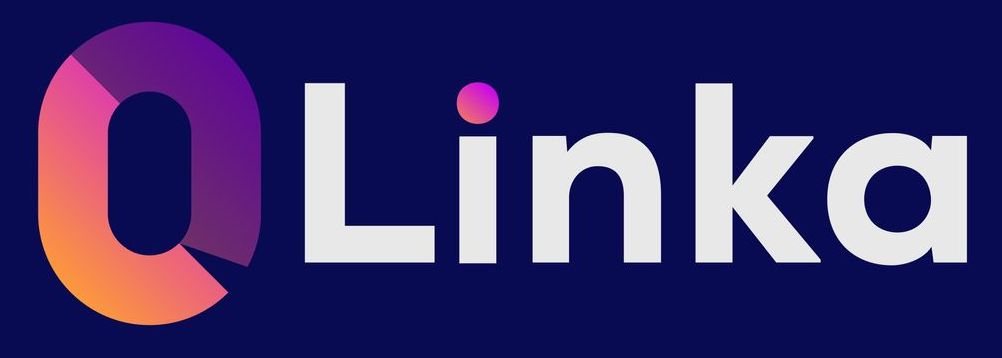Australia's Privacy Act: What Reforms Mean for Data, AI, and Hiring in 2025
Carl McDonald
Australia’s Privacy Act 1988 is one of the oldest privacy laws in the developed world, and for decades it has shaped how organisations handle data. But in 2025, that’s likely to change. The Australian government is reviewing the Act, aiming to modernise it to better align with global standards like the EU’s General Data Protection Regulation (GDPR) and California’s Consumer Privacy Act (CCPA).
For industries working at the forefront of data and AI, these updates could signal both opportunity and disruption. Compliance will no longer be an afterthought—it will be fundamental to how companies operate. And the ability to adapt quickly and effectively will rely on having the right talent in place.
Why These Reforms Matter
The proposed changes to the Privacy Act are likely to include stricter controls on how personal data is collected, stored, and processed, along with tougher penalties for breaches. For businesses leveraging data and AI, this means adapting to a more complex regulatory landscape.
AI thrives on data. But new rules around consent, data minimisation, and usage transparency may require significant rethinking of data pipelines, model training processes, and AI outputs. Organisations that rely heavily on automated decision-making will need to ensure their systems are ethically and legally sound.
The Hiring Challenges on the Horizon
For businesses, navigating these changes will require investing in key talent. Here are five roles that will be critical to thriving under the new Privacy Act reforms:
1. Privacy-Aware Data Scientists
Data scientists will need to embed privacy-by-design principles into their models, ensuring that AI solutions comply with new rules. Expertise in data anonymisation, synthetic data creation, and working within consent frameworks will be critical.
2. AI Ethics & Governance Specialists
As AI adoption grows, so do ethical questions about fairness, bias, and transparency. Specialists who can build and oversee AI governance frameworks will be essential to ensure compliance and mitigate risks.
3. Data Governance Leads
Managing the quality, consent, and provenance of data will take centre stage. Roles focused on data governance will need to ensure that datasets used for AI and analytics meet both ethical and legal requirements.
4. Privacy-Focused Engineers
Privacy-enhancing technologies (PETs) like federated learning, differential privacy, and homomorphic encryption are becoming more relevant. Engineers with expertise in these areas will play a key role in enabling organisations to innovate within compliant frameworks.
5. Cybersecurity Specialists
Data breaches will carry steeper consequences under the new rules. Cybersecurity professionals will need to protect not just sensitive datasets but also the AI systems built on them, ensuring end-to-end security.
Building a Privacy-Ready Workforce
For organisations operating in data and AI, these reforms are a wake-up call. The demand for professionals who can bridge the gap between technical innovation and legal compliance is only going to grow. Companies that start building their talent pipelines now—especially in the areas of privacy, governance, and ethical AI—will be best positioned to adapt to the evolving regulatory landscape.
But this isn’t just about avoiding penalties. It’s an opportunity to build trust and credibility with customers, employees, and stakeholders. In a world where data privacy is a growing concern, compliance can become a competitive advantage.
Final Thoughts
Australia’s privacy reforms have the potential to reshape the way data and AI intersect. For businesses, the ability to comply with new rules while maintaining innovation will be critical. And for recruitment professionals, helping organisations identify and hire the right talent will be more important than ever.
Is your organisation ready to meet these challenges? Now is the time to act. Building the teams that can navigate the intersection of privacy and AI will define success in 2025 and beyond.

